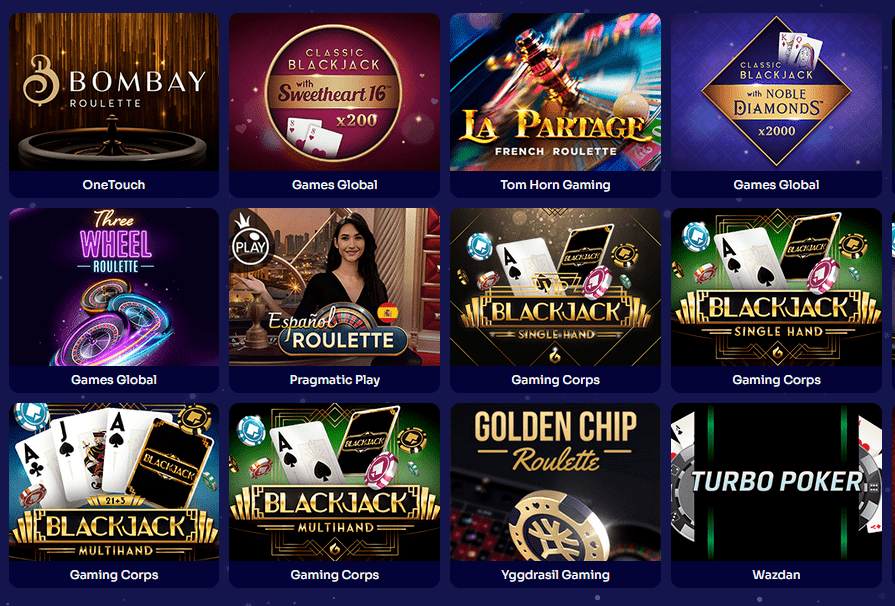Level Up Your Backgammon Game
Backgammon may look like a game of luck at first glance, but don’t let those dice fool you. While chance plays a role, strategy is king. The better you understand the game’s mechanics and tactics, the more you’ll win—and the more fun you’ll have doing it.
In this guide, we’ll cover five practical, battle-tested tips to help you improve at playing backgammon for money, whether you’re new to the game or a casual player looking to sharpen your edge.

🧠 Tip 1: Master the Opening Moves
The first few rolls in backgammon can set the tone for the entire match. While you can’t control the dice, you can control how you respond to them.
Certain opening rolls have proven statistically superior responses. For example:
- Rolling a 3-1? Make the 5-point.
- Rolling a 4-2? Build your 4-point.
These “opening book moves” are well-researched and maximize your early control of key points. Memorizing these can help you make faster, more confident decisions—and immediately step above casual players who just “move whatever looks nice.”
🛡️ Tip 2: Learn the Art of the Block
Control is everything in backgammon. Blocking your opponent’s checkers by creating “points” they can’t land on is a fundamental tactic that slows them down and increases your chances to hit.
The more consecutive points you make in a row, the more powerful your blockade. A prime (six consecutive blocked points) is almost impenetrable.
A few principles:
- Prioritize making your 5-point and bar-point.
- Try to trap runners behind your blockade.
- Don’t leave vulnerable checkers (blots) unless you gain strong positional advantage.
🎲 Tip 3: Don’t Fear the Doubling Cube
The doubling cube is where math meets nerve. Many new players avoid it—but using it smartly separates the casuals from the skilled players.
Key tips:
- Offer a double when you’re confident but not crushing—you want to apply pressure without giving away a free drop.
- Accept doubles if your winning chances are still at least 25-30%.
- Don’t wait too long to double. Timely use of the cube maximizes long-term equity, even if it sometimes leads to a loss.
A solid understanding of doubling is the difference between playing the game and playing the match.
📉 Tip 4: Minimize Risk When You’re Ahead
When you’re leading, your number one job is to avoid giving your opponent opportunities to catch up. That means:
- Don’t leave unnecessary blots.
- Play more conservatively—keep checkers paired and protected.
- Shift from building to bearing off smartly when ahead.
A well-timed defensive mindset can prevent those crushing turnarounds that make backgammon feel unfair. Protect your lead like it’s gold.
📚 Tip 5: Study Positions & Play Often
Just like chess, backgammon has patterns*, themes, and key positions that repeat across games. Improving means:
- Reviewing positions that confuse you
- Watching expert games (many are available free online)
- Practicing with apps or computer opponents
There are also great books and online tools that let you play out different scenarios and compare your moves with AI analysis.
Repetition and reflection are the keys to building your instincts and improving your win rate.
*Watch a video about backgammon patterns HERE.
🏁 Final Thoughts: It’s About Skill, Not Just Luck
Yes, the dice matter. But if you find yourself consistently losing to the same players, it’s not bad luck—it’s skill. These five tips will help you shift the odds in your favor over time:
- Learn the opening theory
- Use blocking strategies
- Get confident with the doubling cube
- Play conservatively when ahead
- Review, study, and play often
Backgammon rewards patience, decision-making, and pattern recognition. And the more you learn, the more addictive—and rewarding—the game becomes.

📜 Legal Disclaimer
This article is intended for informational and educational purposes only. Backgammon involves elements of chance and strategy, and results are not guaranteed. All tips and strategies are provided as general guidance and should be used at the player’s own discretion and risk. We do not accept responsibility for any outcomes resulting from the use of this information.

